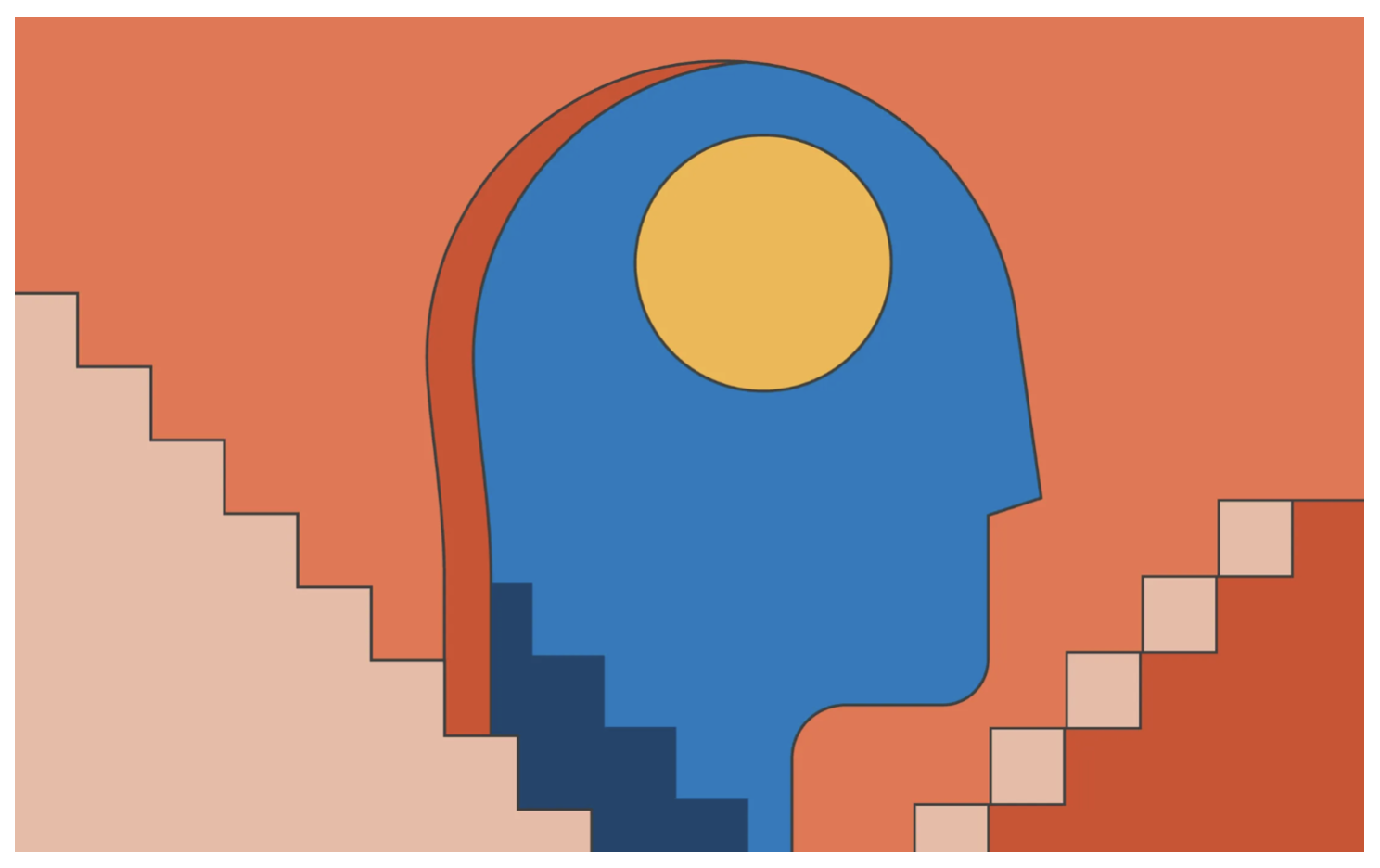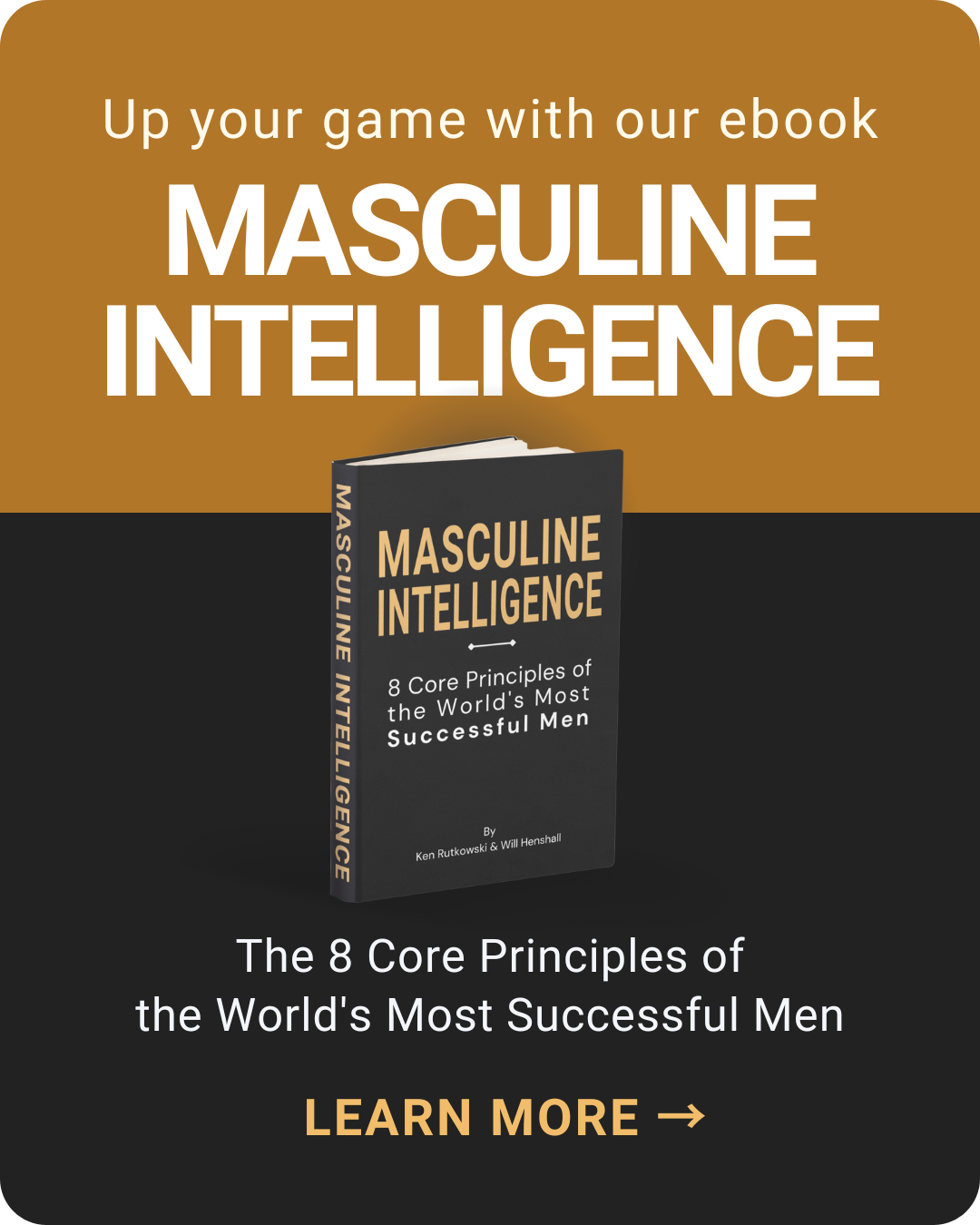
Jim Kwik didn’t aim to become one of the world’s most visible brain experts.
“It’s not like I went to my high school guidance counselor and said, ‘Direct me to be a brain coach!’ I had a traumatic brain injury as a kid and they put me in special ed. I lost my grandmother to Alzheimer's when I was seven. So I guess I just felt an obligation to do what I do. I’m on a mission to build better, brighter, brains.”
One of his slogans: “No brain left behind.”

“Because there was no career path for me,” he explains, “no single instructor, I had to become an integrator. Year-by-year, I constructed what I call a ‘whole brain gym’ – sort of like Bruce Lee, who borrowed from the best and built his own gym and system.”
TAKE YOUR MEDS!
First and foremost, for a healthier brain, Kwik teaches people to ‘take their MEDS,’ an easy-to-remember acronym.
“M is for meditation. I think it's important to disconnect and reconnect, even if it's just ten minutes getting into that white space. Your brain's not supposed to go a hundred miles an hour all the time. It needs a little pit stop to rest and recover.”
Watch Jim Kwik at METAL
“E,” he continues, “is for exercise. As your body moves, your brain grooves. One reason we have a brain in the first place is to control our movement. When you exercise, you create dopamine, serotonin, endorphins: neurotransmitters crucial for cognitive health and performance. You also create something called brain-derived neurotrophic factors – ‘BDNF’ – which is like fertilizer for your neuroplasticity.”
“D is for diet. Yes, eat blueberries and avocados and wild salmon and virgin olive oil. You also want to make sure you’re getting your daily dose of omega-threes, vitamin D, the B vitamins, zinc, and magnesium – all good for healthy cognitive performance. Basics, folks.”
“S is for sleep. Get enough of it. Wear eye shades. Try mouth taping; I’ve done it for seven years and swear by it. I can’t give you the exact science on electromagnetic effects on the brain because we don’t have it yet, but I can tell you that when we turn off our Wi-Fi in the house and the phone is in the bathroom and not next to the bed or under the pillow, or even in airplane mode, we sleep better.”
TAKE A BREAK... AND A DEEP BREATH
Kwik has some more useful thoughts on what phones do to our brains.
“There are studies showing that if you even have your phone at the dinner table, there's anxiety and an impetus to pick it up, even if it's off and face down.”

We pick up our phones 200 times a day, he says, “so the impetus to pick it up creates stress and anxiety. I just feel like the number one rule for good habit design of any type is to control your environment. Put your phone away. Get used to putting it away. This way you won’t have to say ‘no’ in your mind 50 times, burning all that willpower, which is finite.”
A second way to optimize the energy of our brains is through breath.
“One of the best ways to change and regulate your mental and emotional state – and even your posture – is deep breath practice. The lower third of our lungs absorb almost two thirds of our oxygen, and when people are studying or reading, or at their workstations, their postures collapse. They get tired – not because they need calories or water, but because they're just not getting enough oxygen to their brain. Your brain is only 2% of your body mass but it requires 20% of your oxygen and nutrients.”

Kwik reminds his clients that breathing is not just about the belly.
“There is this hollow track that runs the length of your torso, so deep breath involves your sides and your back as well. When I do a breathing exercise, I imagine that entire track. I visualize a light bulb expanding outward from my belly, expanding in every direction. I do this every day because of my sleep issues, when I get that afternoon lull and especially when I’m traveling a lot.”
You can’t see your brain the way you can see a muscled-up bicep or lat, but you can feel the difference between a brain that’s running smoothly and one that’s starved of nutrients, oxygen, and rest.
To hit the “gray matter gym” and become a regular Arnold of the brain, you are invited to join Jim for a free three-day training event on August 5th, 6th, and 7th. He and his expert guests will be teaching better memory, speed reading, flow states, habit design, nutrition, and more. To register, go to https://thelimitlesslearner.com/register
Written by Adam Gilad
Trending Now
We Finally Know How General Anesthesia Knocks You Out: If you have undergone a medical procedure necessitating general anesthesia, you are likely familiar with its unique nature. The transition from wakefulness to unconsciousness can be disorienting, awakening in a post-procedure haze. Anesthesia, a practice with a rich history spanning over two centuries, has intrigued researchers due to its enigmatic mechanisms. A group of neuroscientists from MIT may have made significant strides in unraveling the mystery surrounding the workings of propofol. (Gizmodo)
Almost 50% of Cancer Deaths in US May Be Preventable, Study Finds: According to a recent study that examined 1.78 million cases in 2019, modifiable risk factors, such as smoking and lack of exercise, may be responsible for almost half of cancer-related deaths among US adults over 30. The findings underscore the importance of lifestyle modifications and enhanced healthcare accessibility in lowering cancer incidence and mortality rates. (Science Alert)
Cave Discovered on Moon Could be Home for Humans: Scientists have recently made a remarkable discovery on the Moon by identifying a cave that is estimated to be at least 100 meters deep. This finding suggests that it may serve as a potential location for establishing a permanent base for human exploration. The researchers have proposed that this cave is merely one of many hidden within an "underground, undiscovered world. (BBC)



